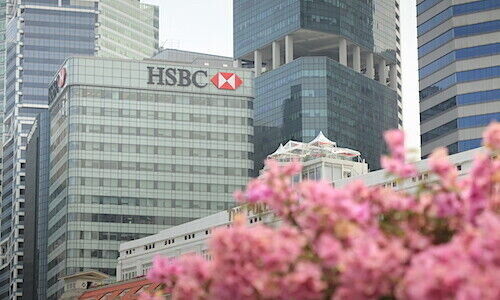«Forced savings» were the main driver of the increase in household wealth, as lockdowns drastically reduced consumption opportunities.
The gross financial assets of Asian households rose by 12.7 percent in 2020, up from 9.8 percent in the year before, while liability growth slowed, Allianz said in its 12th «Global Wealth Report» published on Thursday.
In Asia, Cambodia set the pace, with an increase of more than 20 percent, followed by Sri Lanka (17.9 percent), South Korea (13.9 percent) and China (13.6 percent), according to the report.
Global financial assets increased by 9.7 percent in 2020, reaching the the €200 trillion ($231.12 trillion) mark for the first time.
Entrenched Inequality
However, Allianz noted that the ongoing COVID-19 crisis is likely to entrench wealth inequality, between as well as within countries.
«Covid-19 is thus likely to further entrench social immobility. The gradual disappearance of the middle class has only temporarily stopped,» the report said, citing the loss of millions of jobs, as well as impairment in school education caused by the pandemic.
At the same time, while the gap between rich and poor countries has narrowed, the long-term consequences and challenges, which include insufficient vaccination and reconfigured supply chains to the digital and green transformation, could primarily affect the poorer countries, the report said.
Green Opportunity
The firm advised savers to invest in their retirement and the green transition, enabling societies to «master the paramount challenges we face: climate and demographic change.»
«My fear is that if households start eventually to dishoard, money will end up in revenge consumption and will only fuel inflation. We urgently need a new "savings culture",» Ludovic Subran, chief economist of Allianz, said in a statement.



















